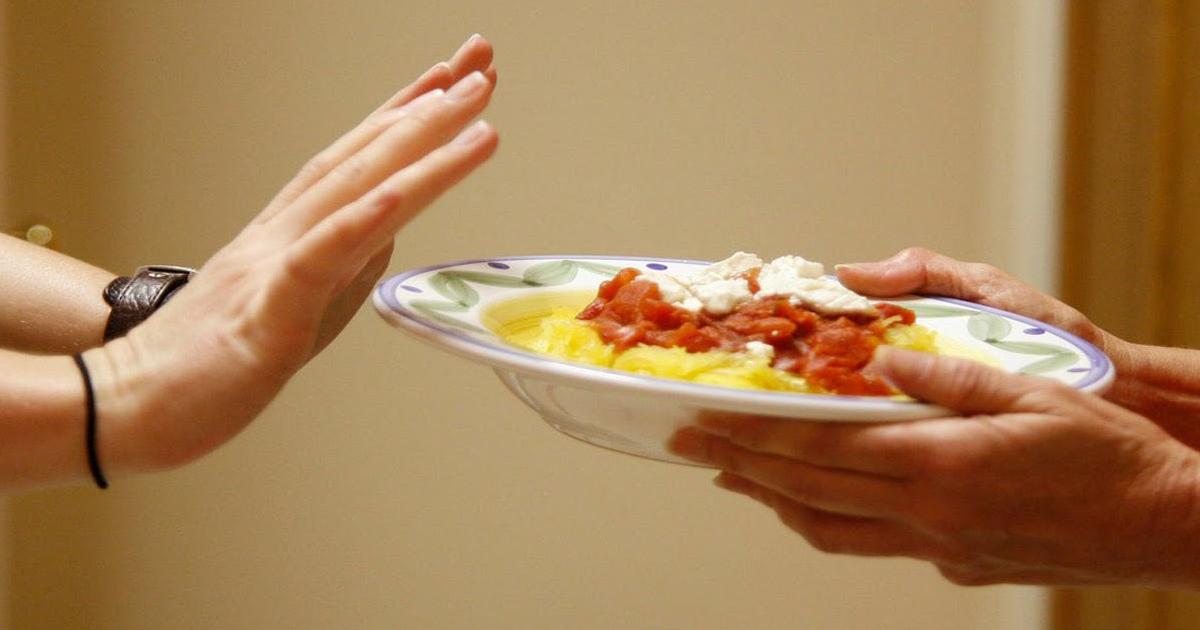What Are The Side Effects Of Immunotherapy?
Immunotherapy is a form of treatment that utilizes particular components and characteristics of a patient's immune system to treat diseases, including cancer. The human immune system is a group of specialized cells, organs, and substances that protect the body from harmful or foreign organisms and substances. In the last several decades, researchers have found the immune system can be manipulated in certain ways for the purpose of treating disease. There are several mechanisms used to accomplish this. Medications can stimulate the individual's immune system to work harder and smarter to find and attack cancerous cells more effectively. Some immunotherapy medications actually train the patient's immune system to detect and attack specific cancer cells. Other immunotherapy medications augment the immune system with man-made versions of immune substances. While immunotherapy has shown to be useful and effective for the treatment of some cancers, it does come with its own set of side effects that should be considered.
Nausea And Vomiting

A common side effect of immunotherapy is nausea and vomiting. Nausea is a sensation best described as feeling sick to the stomach, and it may or may not result in actual vomiting. Nausea and vomiting occur when certain nerves in the stomach, esophagus, or intestines become irritated and trigger a related part of the brain. When nausea and vomiting occur minutes to several hours following treatment and resolve within twenty-four hours, it is called acute nausea and vomiting. When this side effect occurs over twenty-four hours following treatment and lasts for six to seven days, it is called delayed nausea and vomiting. When a patient undergoes the first few treatments of immunotherapy and expects to be sick, they can experience treatment anxiety. This anxiety usually occurs before treatment sessions and may result in anticipatory nausea and vomiting. In some cases, a patient may experience nausea and vomiting due to the waste products produced by the effects of the treatment on the cancer cells themselves. Medications are available to help alleviate nausea and vomiting a patient may experience as a result of immunotherapy.
Continue reading to reveal more side effects of immunotherapy now.
Shortness Of Breath

Shortness of breath can occur in some patients who undergo immunotherapy. Shortness of breath or dyspnea can best be described as a sensation where the affected individual feels like they cannot inhale enough air. Immunotherapy not only increases the immune system reactions to cancerous cells, but it also increases its reaction to various other healthy tissues throughout the patient's body. When the immune system is stimulated, and its brakes are removed, it can activate against healthy tissues in many different organs, including the lungs. This side effect occurs the most in patients receiving immunotherapy to treat lung cancer. Such immune activation that affects the lung tissues manifests most often as pneumonitis or inflammation in the lungs. Inflammation causes an influx of numerous immune system components and substances to the site that can obstruct or narrow the airways and clog the alveoli or little air sacs in the lungs. This narrowing or obstruction results in episodes of coughing, wheezing, and frequent shortness of breath.
Get more details on the major side effects linked to immunotherapy now.
Fatigue And Weakness

Fatigue and weakness are two of the most common side effects to manifest in individuals undergoing immunotherapy. This side effect is mainly the result of the stimulated immune system's effects on hormone release from glands. Commonly affected glands include the adrenal, thyroid, and pituitary glands. Because hormones play a significant role in metabolic processes that synthesize nutrients into energy, any disturbance that results from immunotherapy can cause the patient to feel exhaustion and weakness. In addition, nausea and vomiting that may occur following immunotherapy treatment may lead to a reduction in the regular consumption of nutrient-rich food due to poor appetite. Without consuming enough nutritional value through diet, the affected individual will feel weak and fatigued frequently. There are few medications that can alleviate the fatigue and weakness that results from immunotherapy. Stimulants may help, but can only be used for a short period. However, a few different changes in an affected individual's lifestyle may help. These changes include taking short naps or rest breaks during the day, sleeping at least seven to eight hours a night, and avoiding consumption of caffeine.
Get familiar with more immunotherapy side effects now.
Decreased Appetite

Decreased appetite is a common side effect seen in individuals being treated with immunotherapy. This can present as an individual who eats less than usual, feels full after eating a minimal amount of food, or just someone does not feel hungry at all. A decrease in appetite can be the result of digestive irritation caused by an overactive immune system attacking healthy tissues from immunotherapy. Associated nausea and vomiting can cause a patient to have a poor appetite. Fatigue caused by the effects of immunotherapy can also be a significant factor in the reduction of an individual's appetite.
Immunotherapy can have an inflammatory impact on an individual's bowels, causing them to experience constipation and diarrhea, which may also contribute to a poor appetite. If an individual is being treated for cancer located in their abdomen or nearby organs through the use of immunotherapy, irritation may occur at the site that causes swelling. Any swelling in the abdomen can push on the stomach or bowel, making a patient feel full quickly.
Uncover the next side effect of immunotherapy.
Fever

Fever is a side effect that can manifest in individuals undergoing treatment with immunotherapy. When a foreign body stimulates an individual's immune system like a virus, bacteria, parasite, or other pathogens, several immune processes are triggered in the body to fight it off. One of the mechanisms the immune system uses to try and fight off foreign invaders is by inducing the release of a hormone that tells the hypothalamus to raise the overall internal temperature of the body. The reason for this is because many pathogens are not able to grow and multiply in such high temperatures, while other pathogens cannot survive in them at all. The same way foreign pathogens activate these defensive immune system processes, immunotherapy can also stimulate such processes. While high body temperature is typically not useful for the elimination of malignancy in an individual, it is a component in the group of immune processes as a whole that can help fight cancer. After the body gets used to the treatment, the patient may eventually no longer spike a fever. Everyday fever-reducing medications can be used to help mediate the symptoms a patient may be experiencing as a result of the fever.